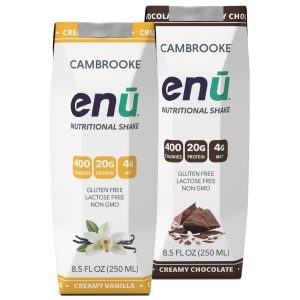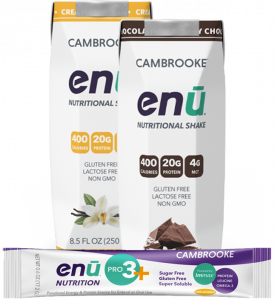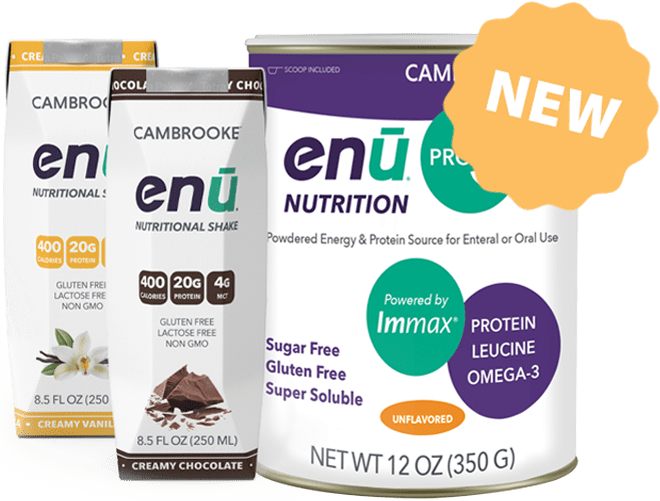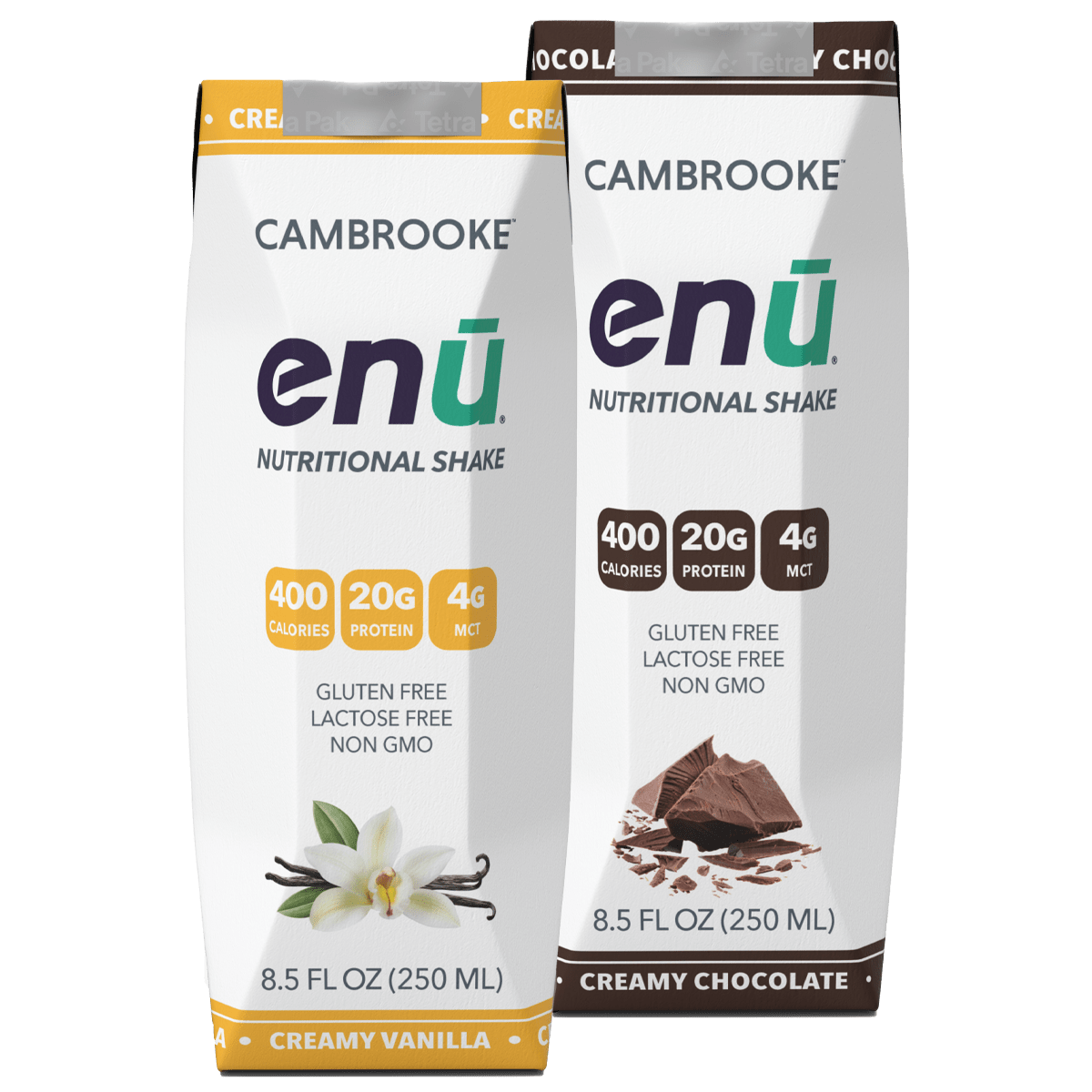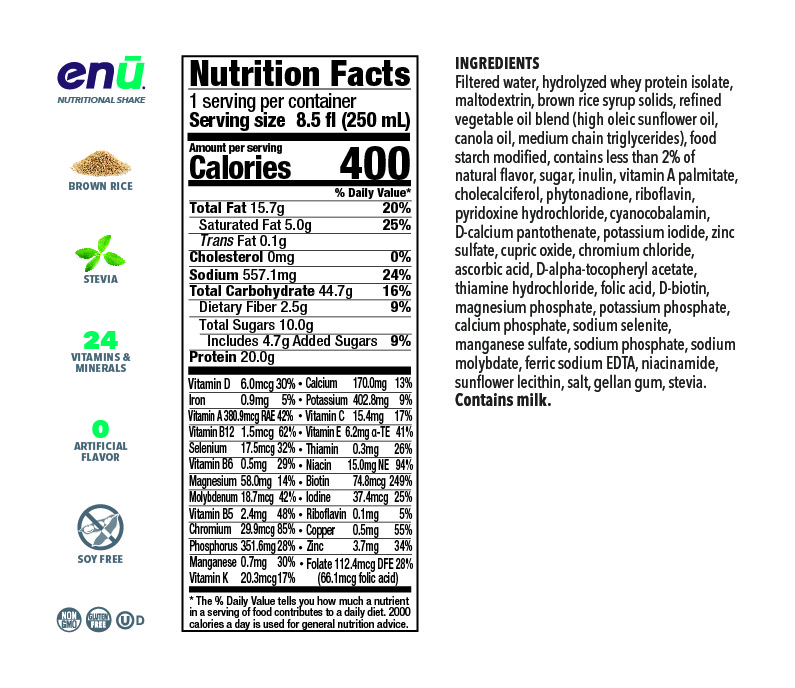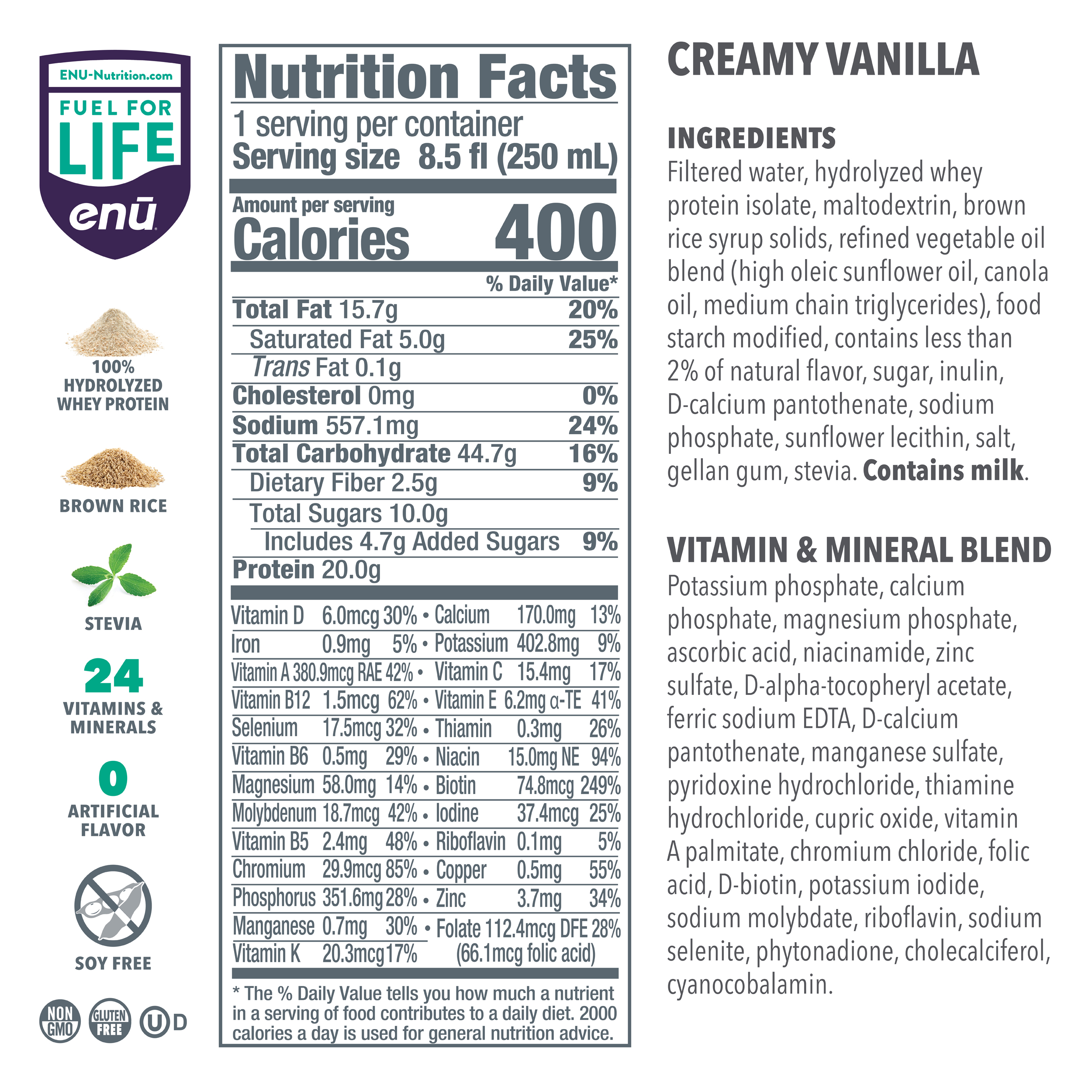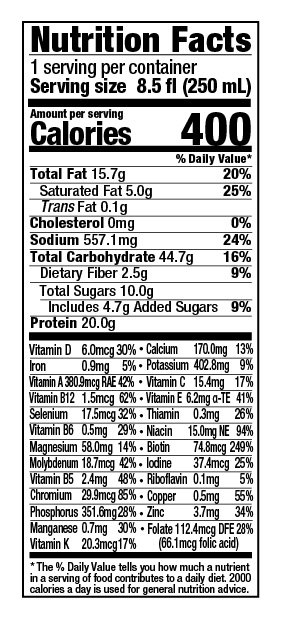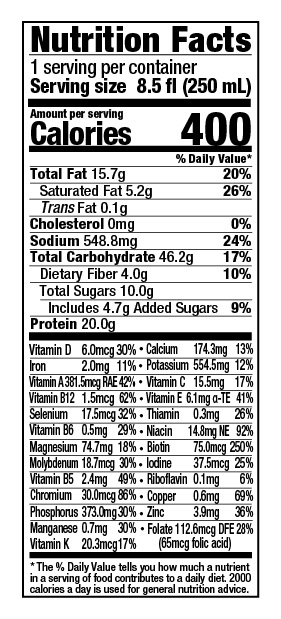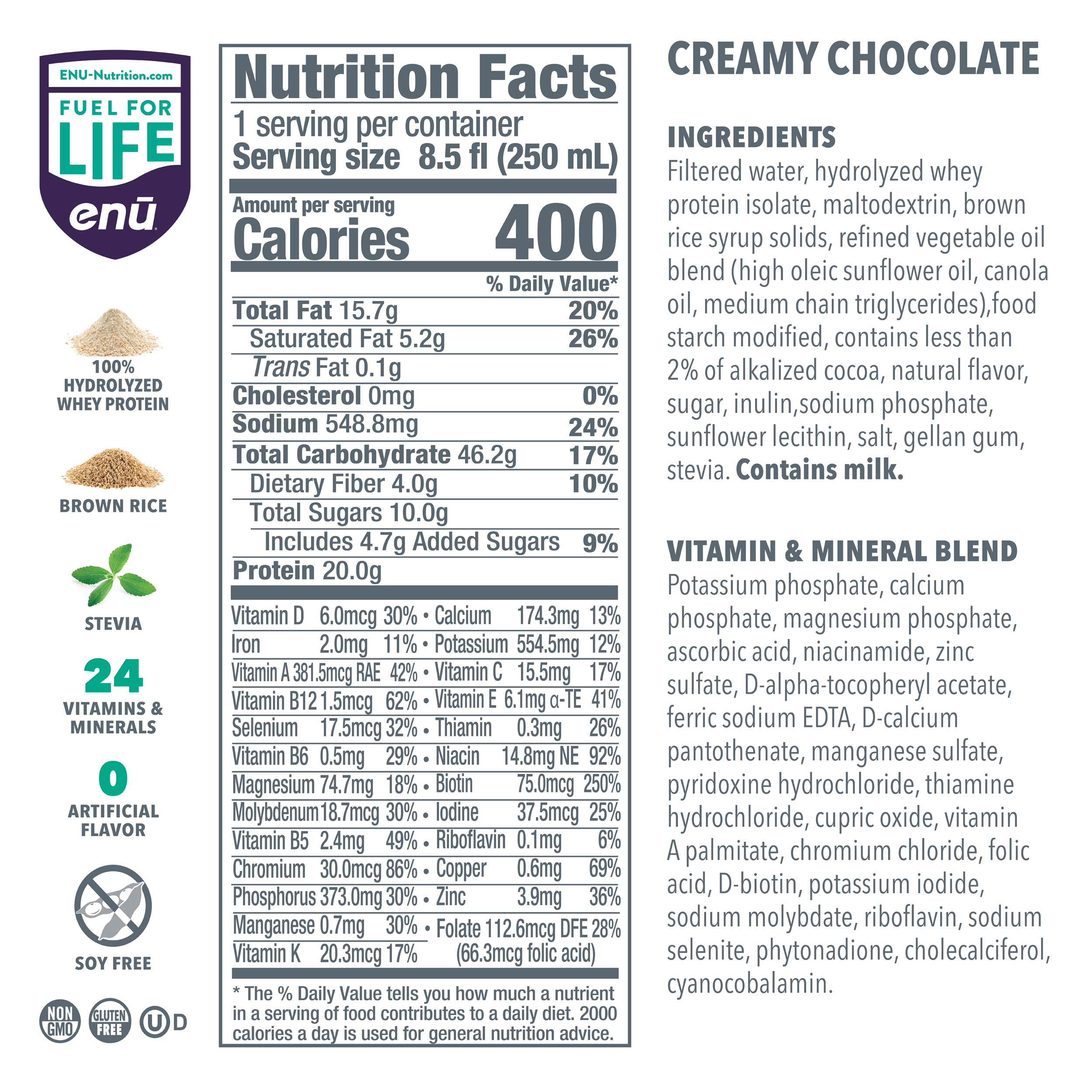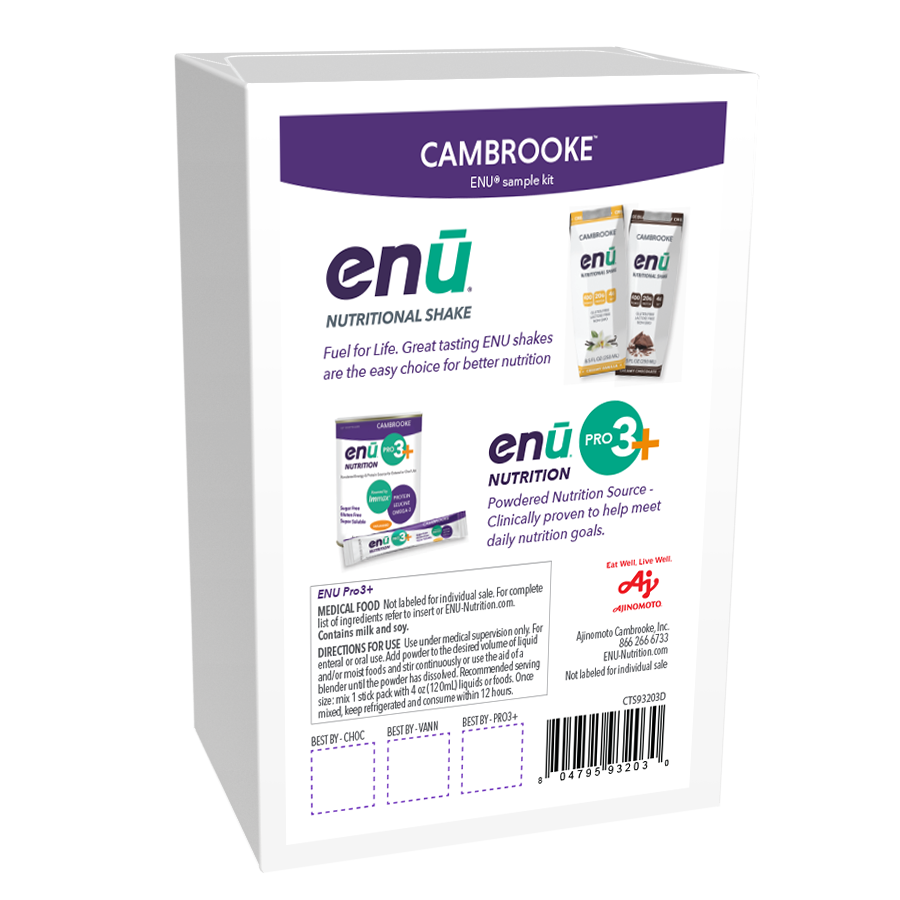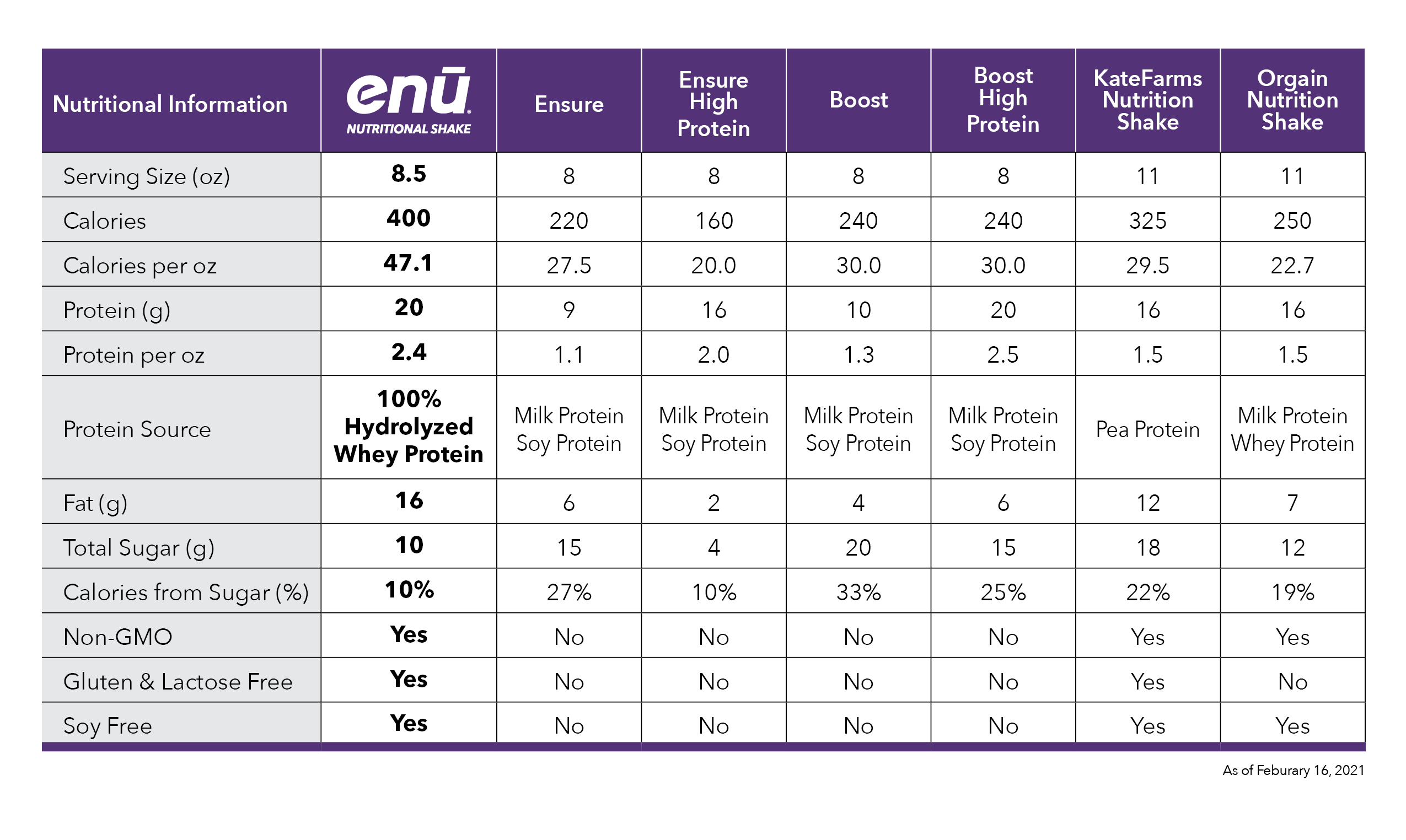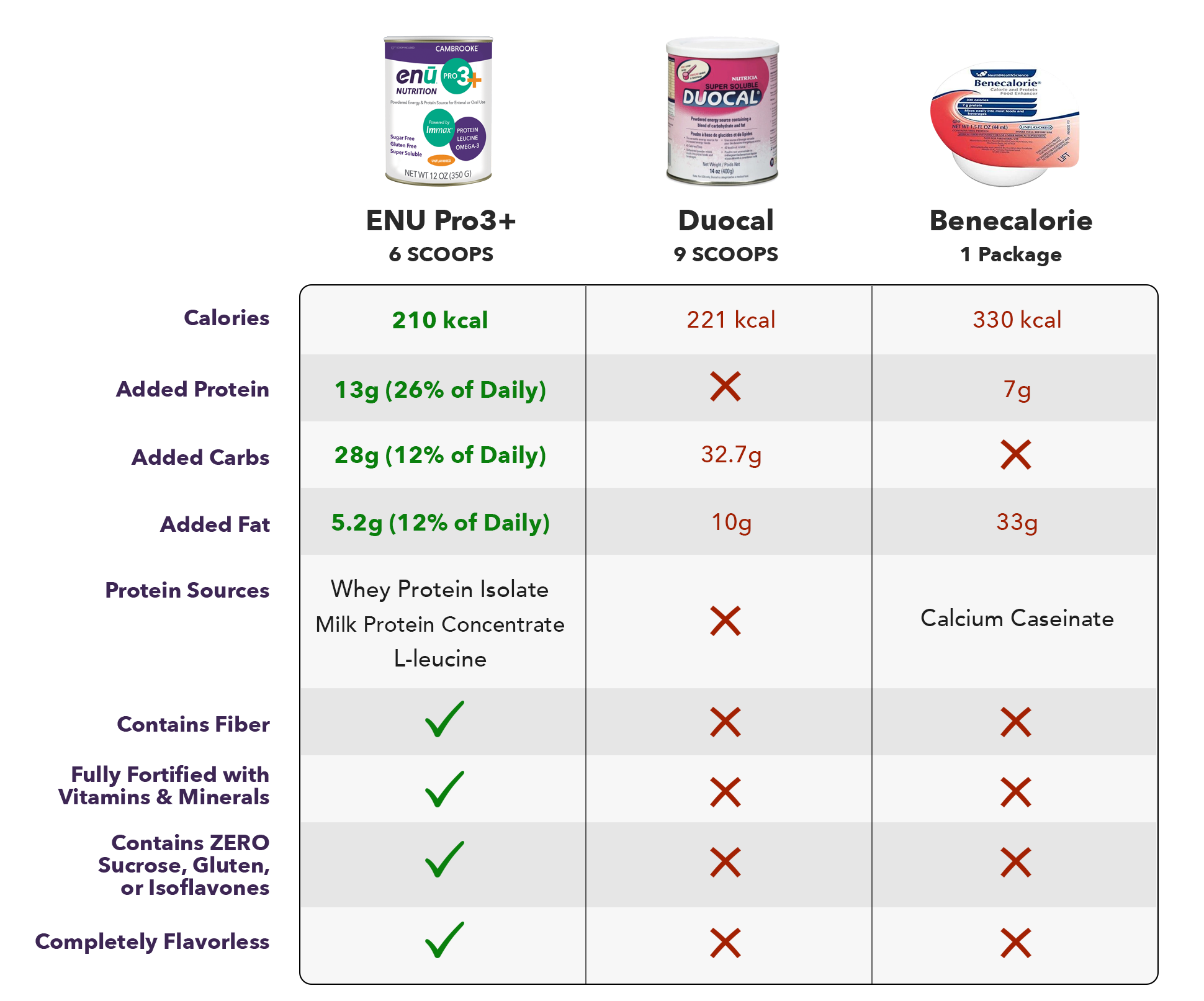
Get a FREE
ENU Intro Pack*
*Just Pay $2.00 Shipping
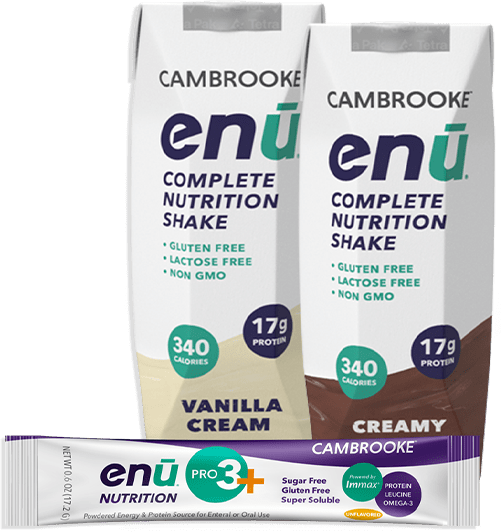
What Can You Eat If You Don’t Have an Appetite During Chemo?
Finding ways to maintain a healthy weight during chemotherapy is one of the greatest challenges these patients face, not least because of all the side effects chemo can inflict on people. From nausea and diarrhea to the mouth sores and taste changes, it can seem like the treatment meant to save your life can at times be determined to ruin it, especially around meal times. However, all is not lost; chemo patients do have options regarding what they can eat during chemo, even if they seldom feel hungry. Keep reading as the experts at ENU explain what you can eat if you don’t have an appetite during chemotherapy.
The Importance of Food and Nutrition During Chemotherapy
At a time in a person’s life when they are facing a serious illness, debilitating treatments, and a heap of hospital bills, it can be easy to forget about more pedestrian concerns – what to have for lunch being one example. However, this is exactly the point when food and nutrition are critical; without the resources it needs to mount a fight, your body may find itself succumbing to the rigors of cancer and chemotherapy.
One of the more important – arguably the most important – nutrient your body needs is protein. Though many people associate it with protein shakes for athletes or bodybuilders, this macronutrient plays many more roles in the body, perhaps none of which are as crucial as its role in the healing process. Without an adequate supply of protein, your body will struggle to heal itself, from the most minor cuts and scrapes to the much more significant damage caused by cancer and toxic chemo drugs.
At the same time, maintaining your weight is a key consideration, though this is less dependent on a specific nutrient than it is on the overall number of calories you consume. Eating enough to stay at a healthy weight is more than just a vanity exercise; your oncologist may decide to delay chemo treatments if you become malnourished, which will only extend your battle with cancer and put your recovery at risk.
Still, as important as food is for a patient battling cancer and the side effects of chemo, it is admittedly very difficult for many people to take in an adequate supply of vitamins, nutrients, and calories. Changes in taste and the onset of nausea can make it tough to keep food down – let alone enjoy a meal – and mouth sores can further complicate matters by making solid foods nearly impossible to chew and swallow. These complications can severely limit a person’s ability to eat healthy meals at a time when their body sorely needs them.
What to Eat During Chemo (Even When You’re Not Hungry)
The question of what to eat during your chemotherapy treatments can be a tricky one. Patients’ reactions to chemotherapy can vary depending on the medications used, how healthy they are when the treatment begins, the location of the cancer, and many other factors; these same variables can impact which chemo side effects they experience, and it can be hard to generalize about diet when the things that impede it can change from person to person.
That said, there are a few common considerations patients should keep in mind when determining what they can eat during chemo, regardless of whether they have an appetite. Below are a few suggestions to help you keep your belly full and your strength up during your chemo treatments:
- Eat small meals – It may seem counterintuitive to recommend smaller amounts of food as a treatment for not eating, but eating small meals or snacks throughout the day can be an effective way to boost calorie consumption without having to force down a large meal at a prescribed time. If you find that you’re not hungry at dinner, try taking advantage of those rare moments when you have a bit of an appetite and eat something little.
- Get plenty of nutrient-dense foods – If you’re struggling to take in a large quantity of food each day, try focusing on quality instead. Foods that contain lots of calories and protein, such as peanut butter, can help you meet your dietary goals more easily. Liquid supplements for cancer patients can be an effective option as well.
- Adapt to side effects – This point may be somewhat oversimplified, but a good tactic for chemo patients is to adjust your diet based on your particular side effects. If the chemo changed your sense of taste, try bland foods instead of flavorful ones. If you have mouth sores, look for a tasty nutrition shake recipe so you can avoid solid foods. If you have no appetite but can taste foods well enough, make your favorite dish as a way to tempt yourself into eating.
It’s easy to advise patients on what to eat during chemo, but the truth of the matter is that every patient’s case is both difficult and unique. If the above suggestions don’t help, remember that your doctor or cancer care team is prepared to help you manage your symptoms or implement a strategy to get you eating again.
Get the Nutrients You Need During Chemotherapy with ENU Meal Replacement Shakes
By offering the nutritional profile of a balanced, healthy meal in a convenient carton, ENU meal replacement shakes make it easy to give your body exactly what it needs – anytime, anywhere. Grab an ENU shake at home or on the go for 20 grams of protein, complex carbs, unsaturated fats, and a mix of 24 vitamins and minerals, all in a smooth vanilla or chocolate beverage. Learn more about all ENU’s products and how they can help you stay healthy during chemotherapy by visiting us online or calling (855) 266-6733 today.
